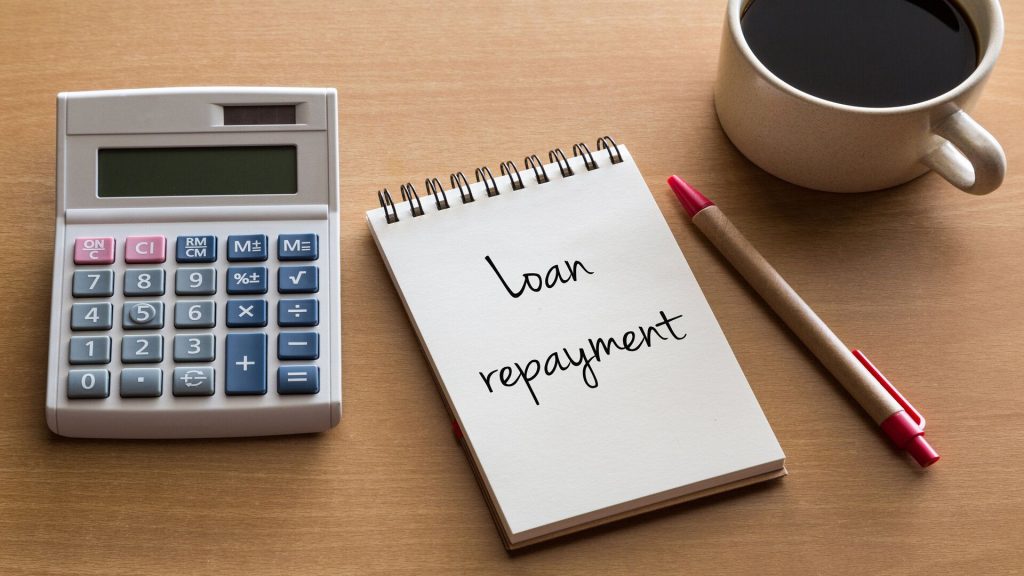Managing salary loan in the Philippines can be challenging, especially if you are struggling to keep up with your monthly bills. Creating a realistic budget is essential to stay on track and avoid falling into debt traps. In this article, we will guide you through the process of creating a budget that aligns with your financial goals, allows you to manage loan repayments effectively, and provides you with peace of mind.
Understanding Your Financial Situation
Assess Your Debts
Before you start creating a budget, it’s essential to assess your existing debts. List down all your loans, including credit card debt, personal loans, student loans, and mortgages. Note down the outstanding balance, interest rates, and minimum monthly payments for each debt.
Calculate Your Income
Next, calculate your monthly income after taxes. Include all sources of income, such as your salary, freelance earnings, rental income, and any other supplementary income.
Track Your Expenses
To get a clear picture of your spending habits, track all your expenses for a month. Categorize them into essential expenses like rent, utilities, groceries, and discretionary expenses like dining out, entertainment, and shopping.
Creating a Realistic Budget

Set Clear Financial Goals
Before delving into budgeting, define your financial goals. Do you want to pay off your loans faster, save for an emergency fund, or invest for the future? Understanding your objectives will help you allocate your money effectively.
Prioritize Debt Repayment
Given the high interest rates on loans, it’s crucial to prioritize debt repayment in your budget. Allocate a significant portion of your income to pay off debts while ensuring you have enough for other necessary expenses.
Use the 50/30/20 Rule
The 50/30/20 rule is an effective budgeting strategy. Allocate 50% of your income to essentials, such as housing, utilities, and groceries. Allocate 30% to discretionary spending like entertainment and dining out, and save the remaining 20% for debt repayment, savings, and investments.
Build an Emergency Fund
Unforeseen expenses can derail your budget, leading to missed loan repayments. Aim to save at least three to six months’ worth of living expenses in an emergency fund to cover unexpected costs.
Tips for Successful Budgeting

Be Realistic
When creating a budget, be honest about your spending habits. Don’t set overly ambitious goals that you cannot sustain. Be realistic about your income and expenses.
Cut Unnecessary Expenses
Identify areas where you can cut back on expenses. For example, you could reduce dining out and entertainment costs or find more affordable housing options.
Negotiate Interest Rates
Contact your lenders to negotiate lower interest rates on your loans. Lower interest rates can significantly reduce your overall debt burden.
Automate Bill Payments
Late payments can negatively impact your credit score and lead to additional fees. Consider automating your bill payments to avoid missing due dates.
Seek Professional Advice
If you find it challenging to manage your finances and loans, consider seeking advice from a financial advisor. They can provide personalized guidance to improve your financial situation.


Leave a Reply